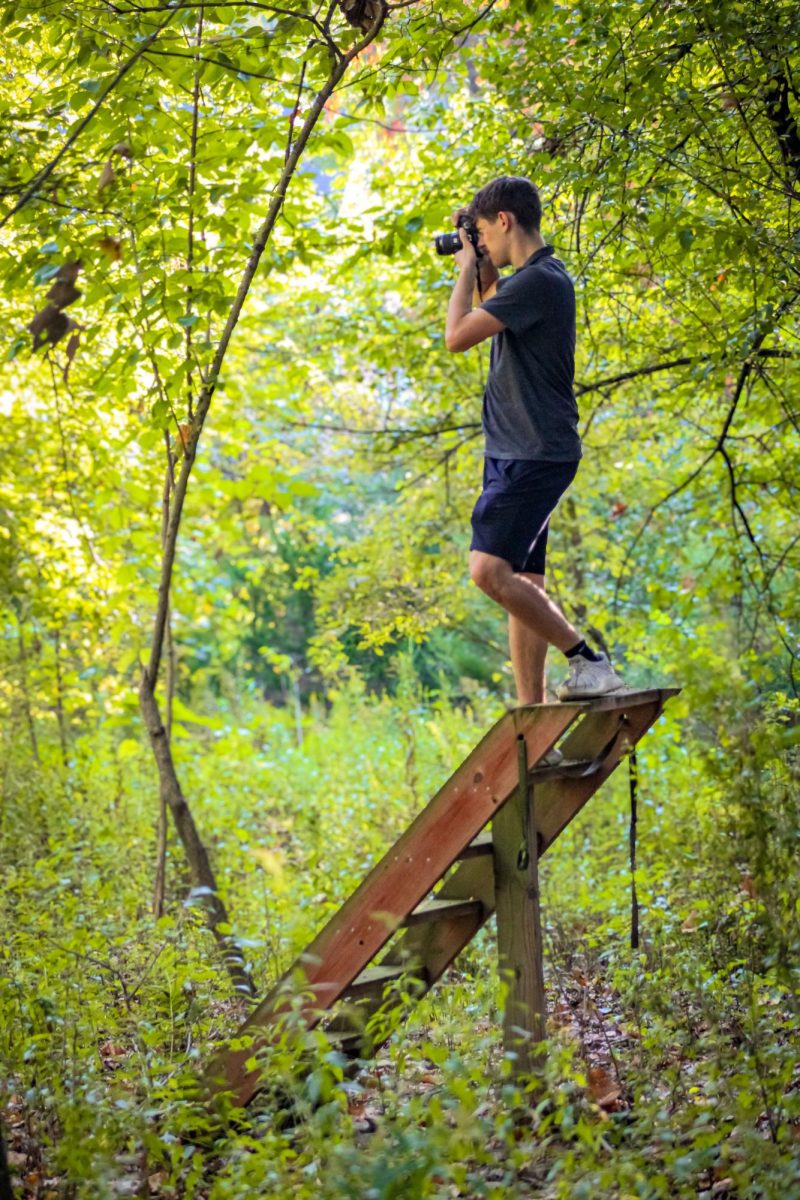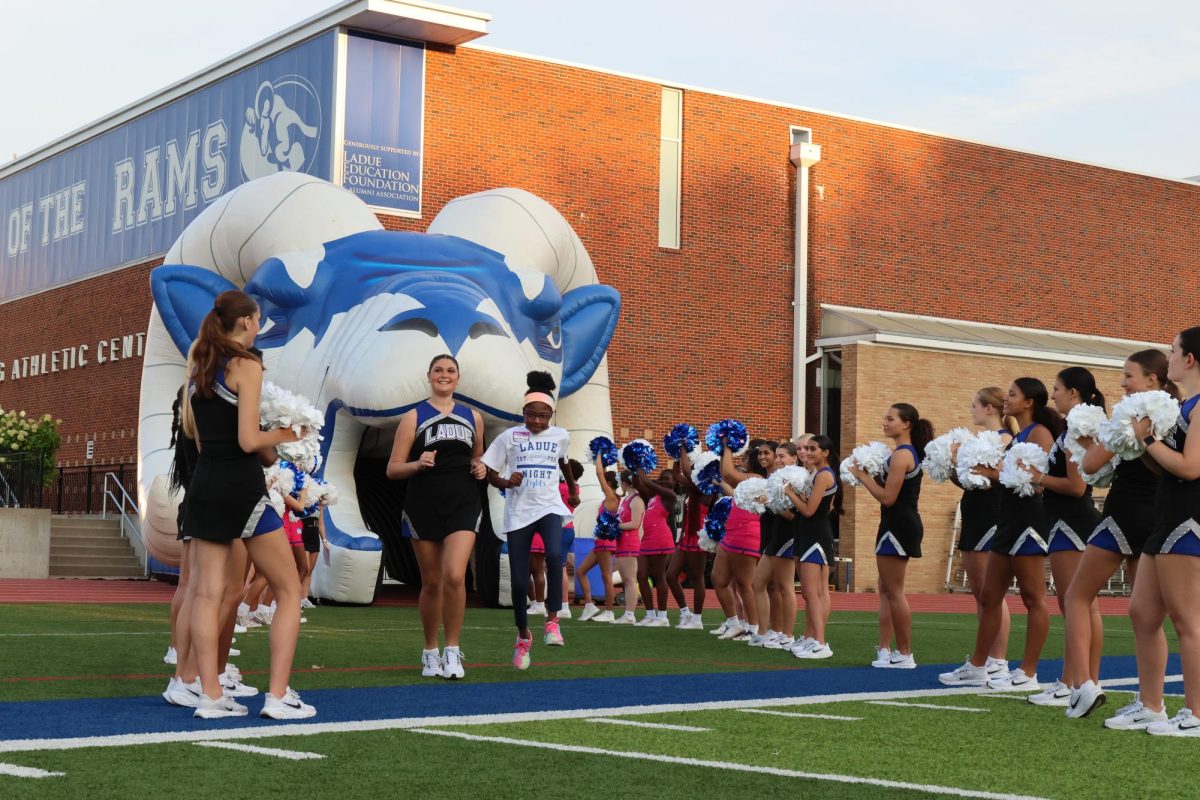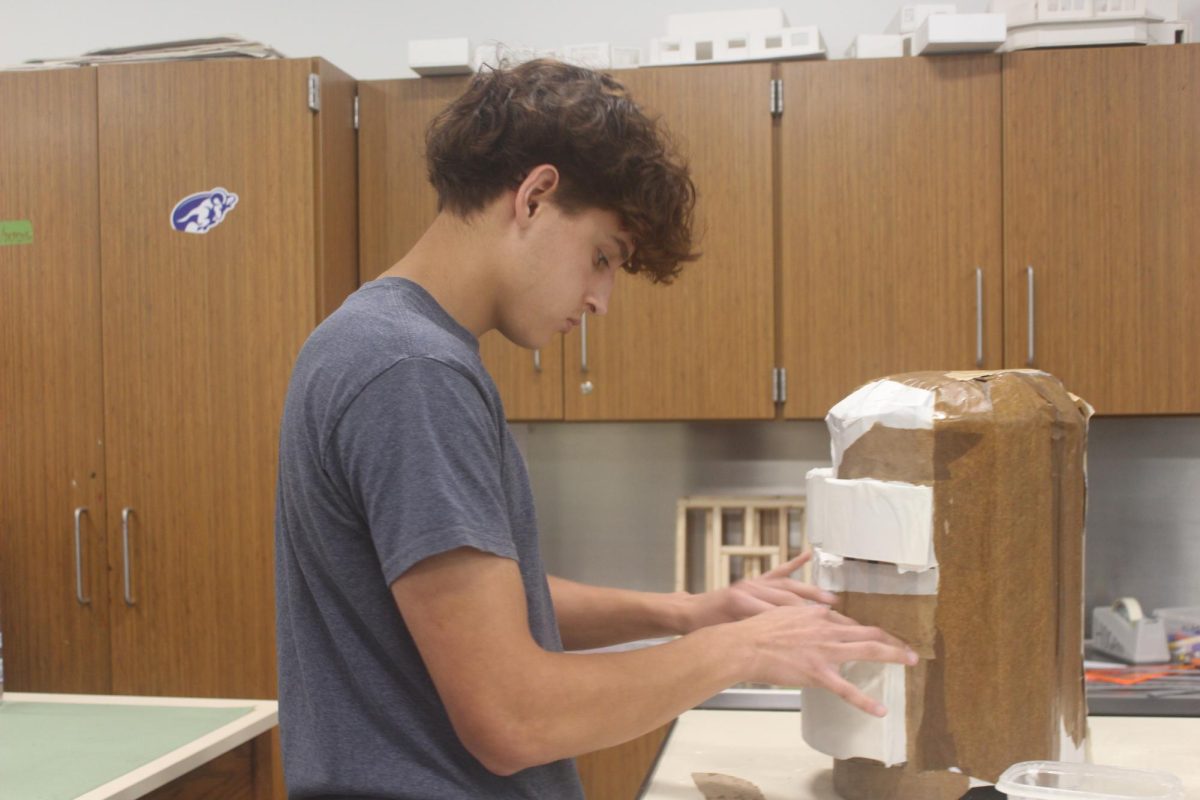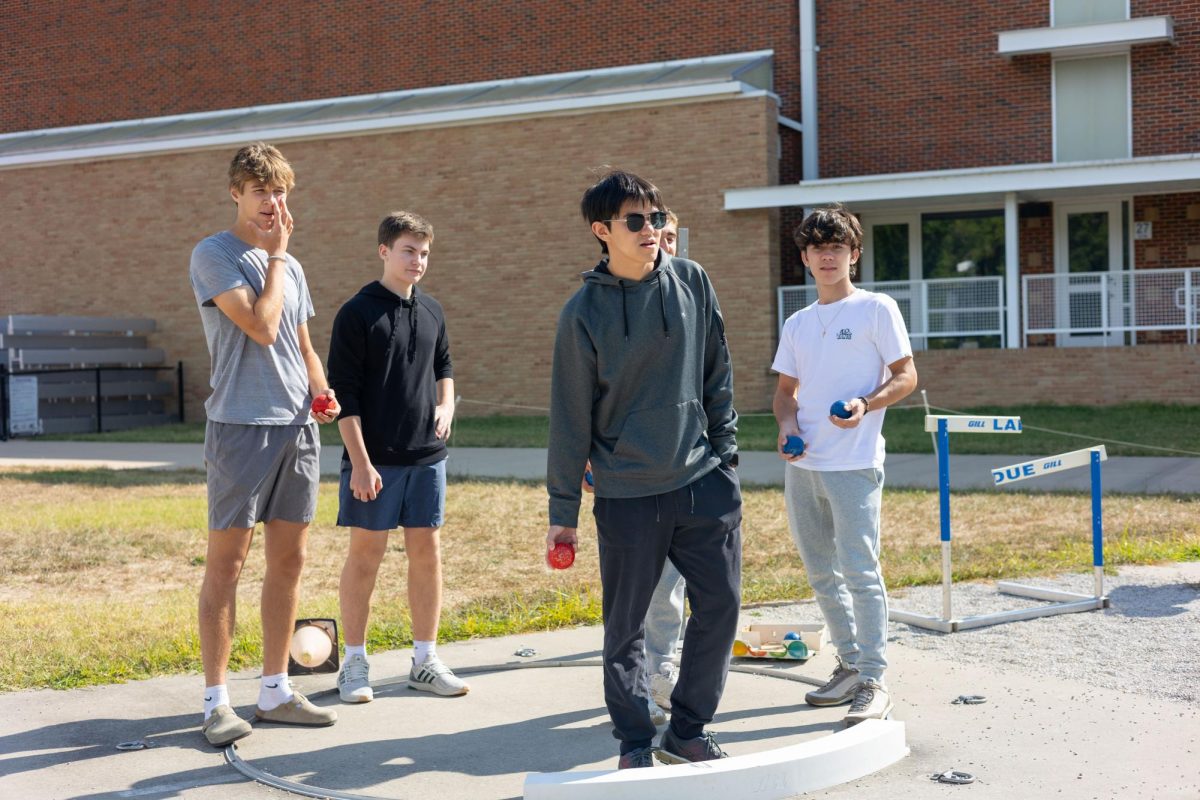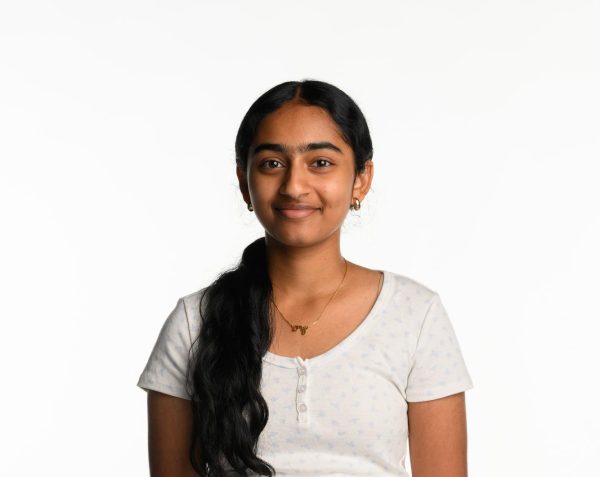Q: What was the testing for?
A: The testing last week was our first round of testing in order to narrow down the 15 members of the competition team. This year, we’re doing a round every month to figure out who will represent Ladue at the regional, state, and hopefully national level.
Q: How does testing work?
A: There is an extremely expansive network and database of Science Olympiad tests out there that’s always being added to. Dr. Shayer, our coach this year, has accumulated a list of new tests in order to create initial rankings for the team. We’re testing by conflict blocks [which means] events that happen at the same time during nationals are grouped together. Three conflict blocks were tested on Tuesday while 3 were tested on Friday. Each conflict block is 50 minutes, and the testing takes place in Mr. Clay’s room at the middle school, starting at 5:30. After 50 minutes, we turn in the test to Dr. Shayer and she grades them.
Q: What events did you test in?
A: I tested in Designer Genes, Disease Detectives and Forensics. I’m a biology enthusiast and I usually pick events that have to do with that field of science. Designer Genes is all about Heredity and Genetics, and lots of microscopic cell biology and genetic calculations are involved. Disease Detectives is epidemiology, which is all about identifying, tracking and making calculations based on disease outbreaks. Forensics is a chemistry focused event, but it has lots of [biology] elements like blood typing, hair and fingerprint evidence and stuff concerning dead bodies and forensic science.
Q: What did you find difficult?
A: I thought the Forensics test was extremely tight on time management. I didn’t get to finish the analysis, the last and most important part, which is all about identifying the suspect and gathering all the evidence you collected on them. I don’t think anyone finished it, though. Usually it’s a partner event, so each of us were doing the work of two people. That makes time management really tough.
Q: Overall, how did you feel about it?
A: I thought testing went great. I remembered a lot of knowledge from last year and years prior, so I had a really solid foundation. I’m currently first place in all three of my events, but that means I’ll have to work harder to maintain those spots [since] Science Olympiad competitors are out for blood.

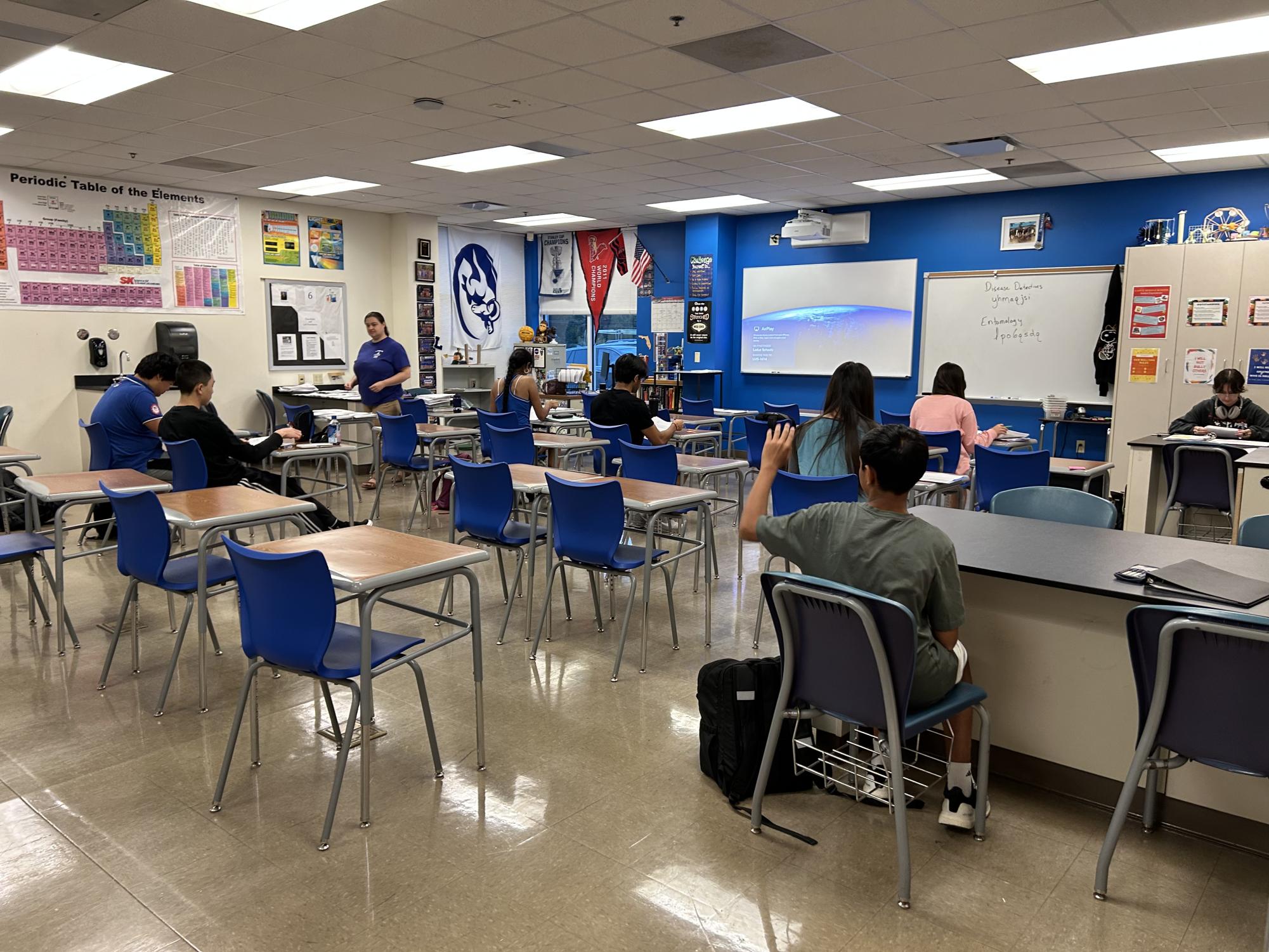
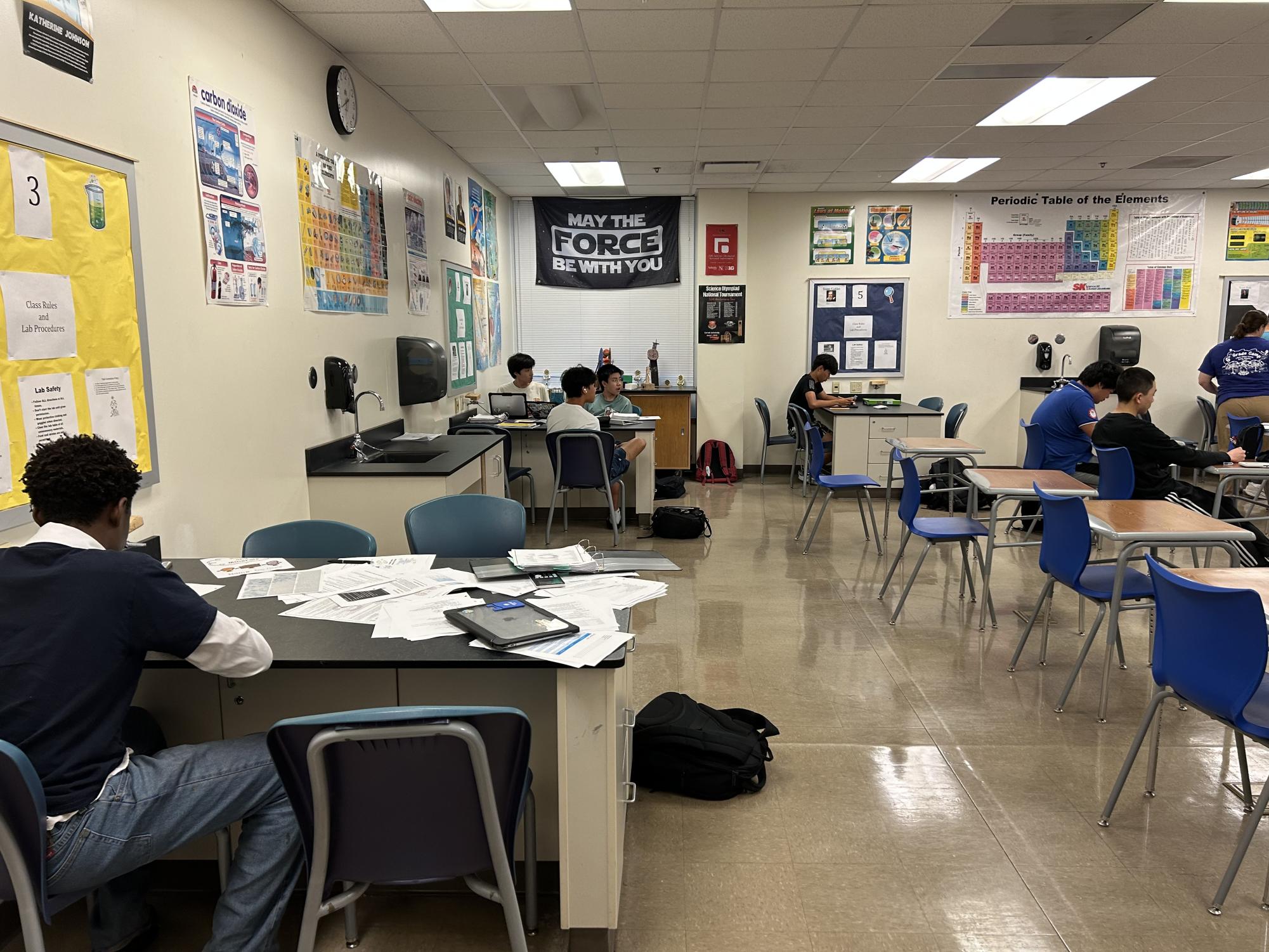
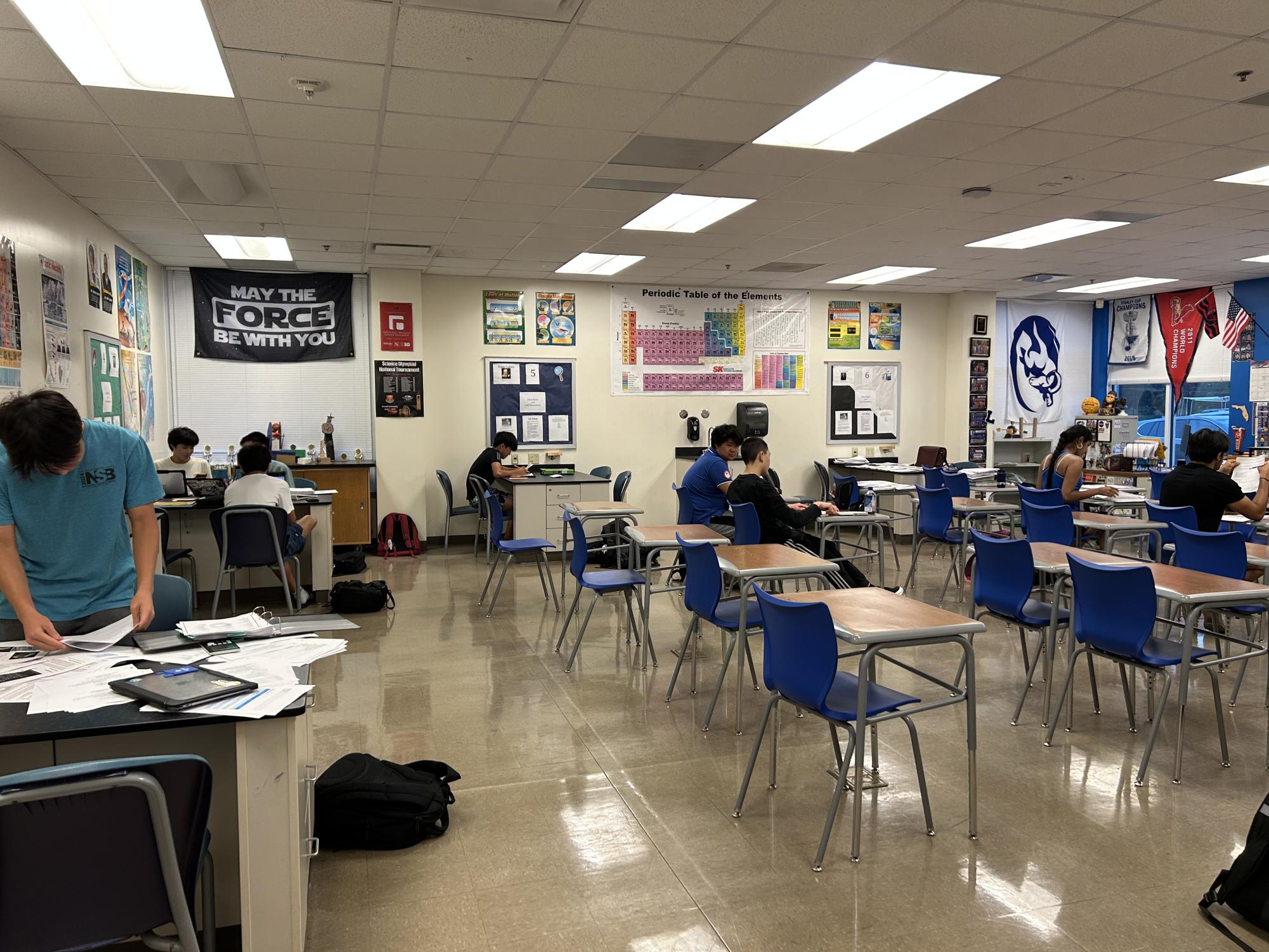
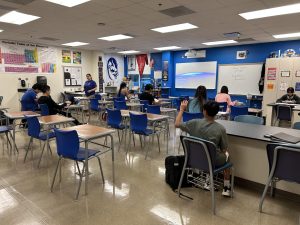
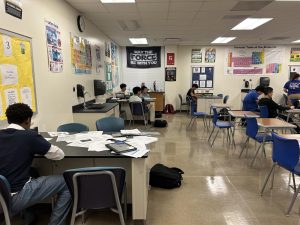
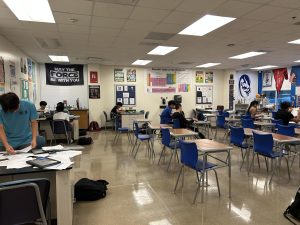
![Sparkle members rehearse their dances with co-captains leading in the front. The dance team held their weekly practice Oct. 6 near the student entrance. “My favorite part of practice is [making] crafts,” DeRuisseau said. “It’s a relaxing way to end a Monday and a great start to the rest of the week.”](https://laduetoday.com/wp-content/uploads/2025/10/Sparkle-Practice-1200x900.jpeg)
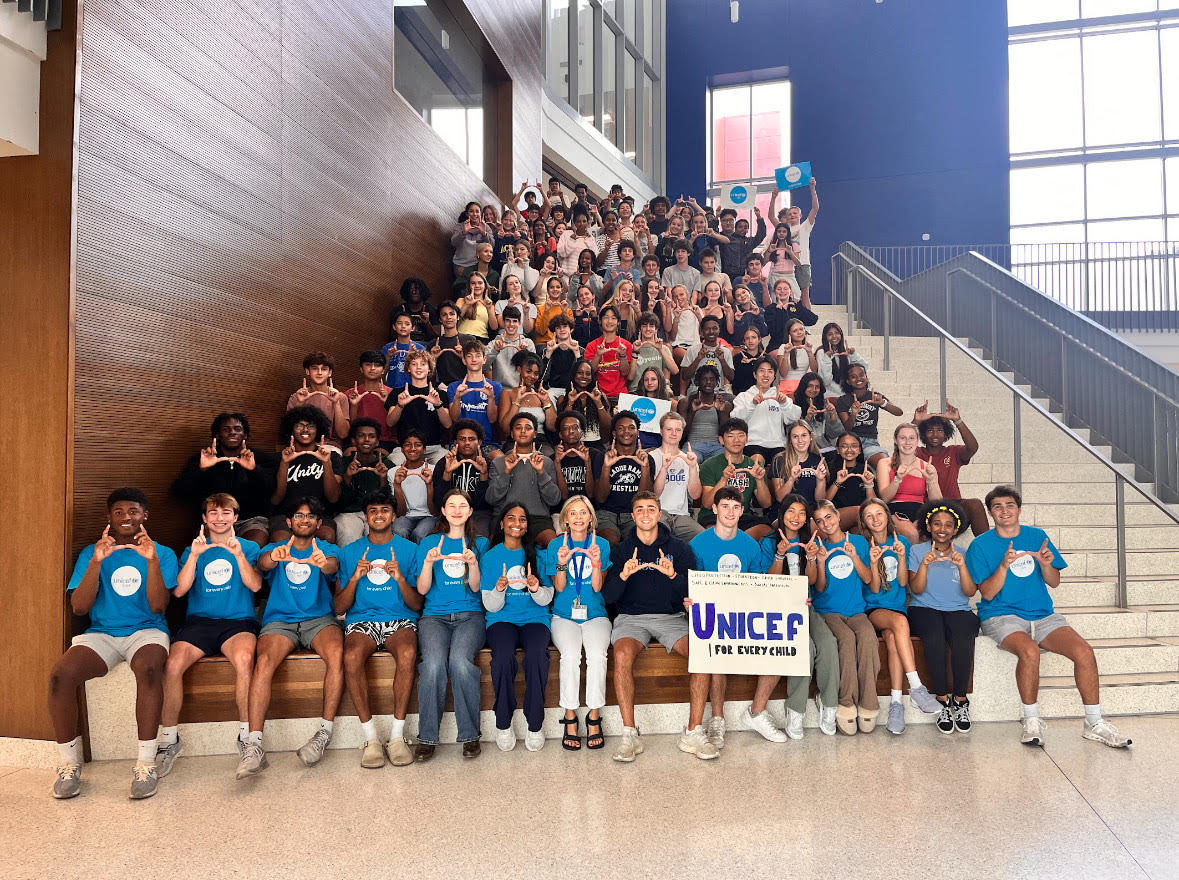
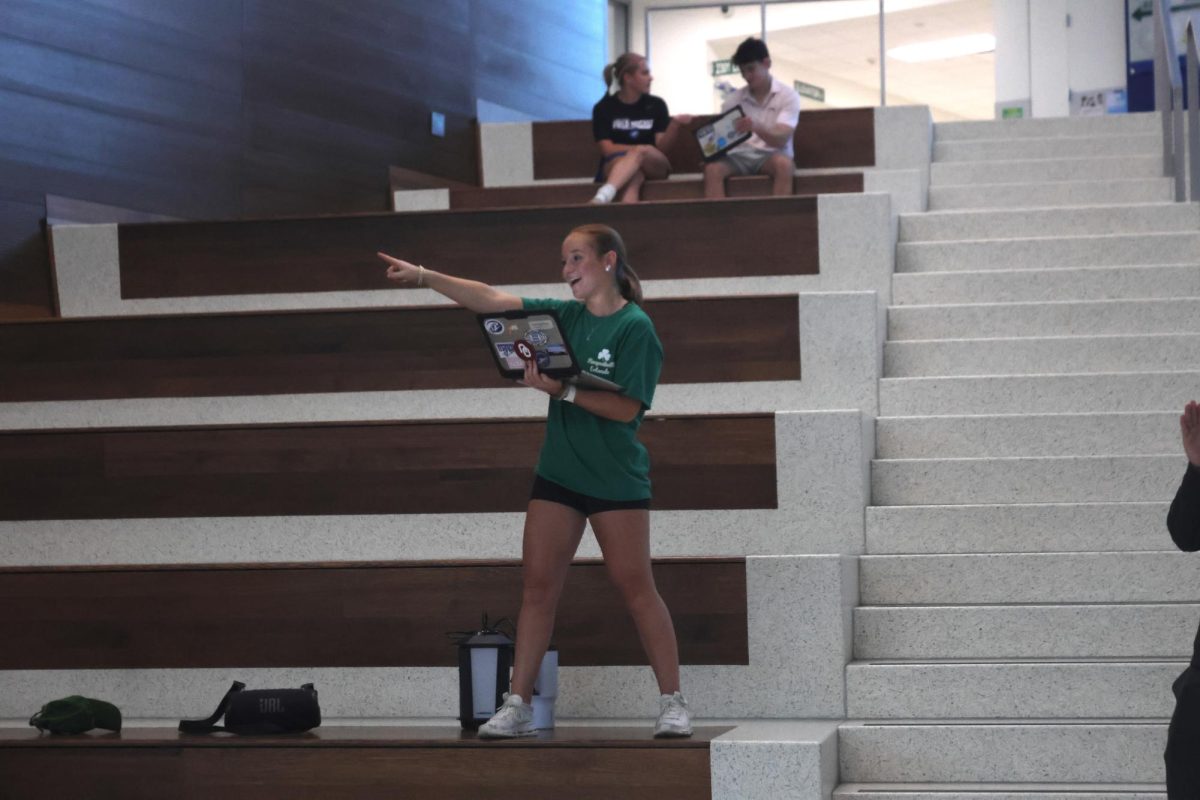
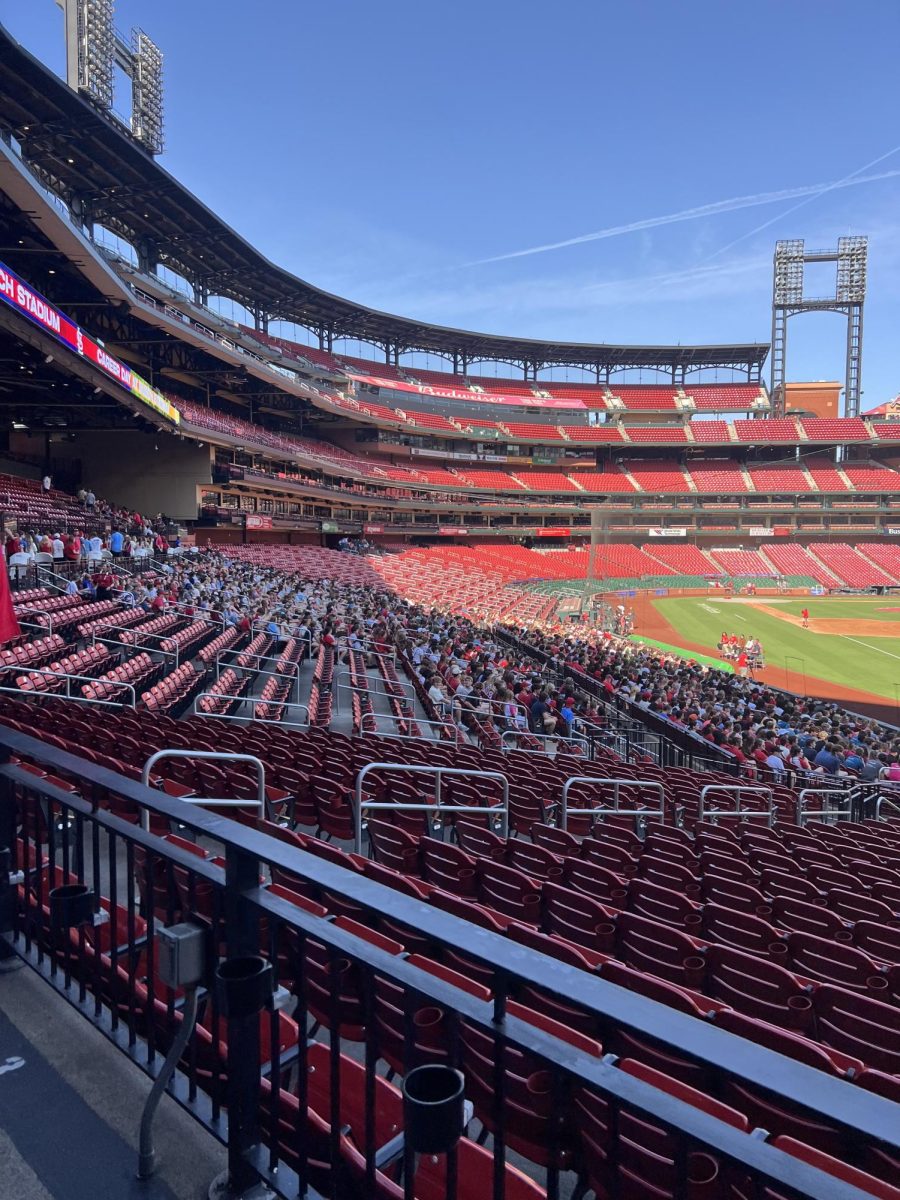
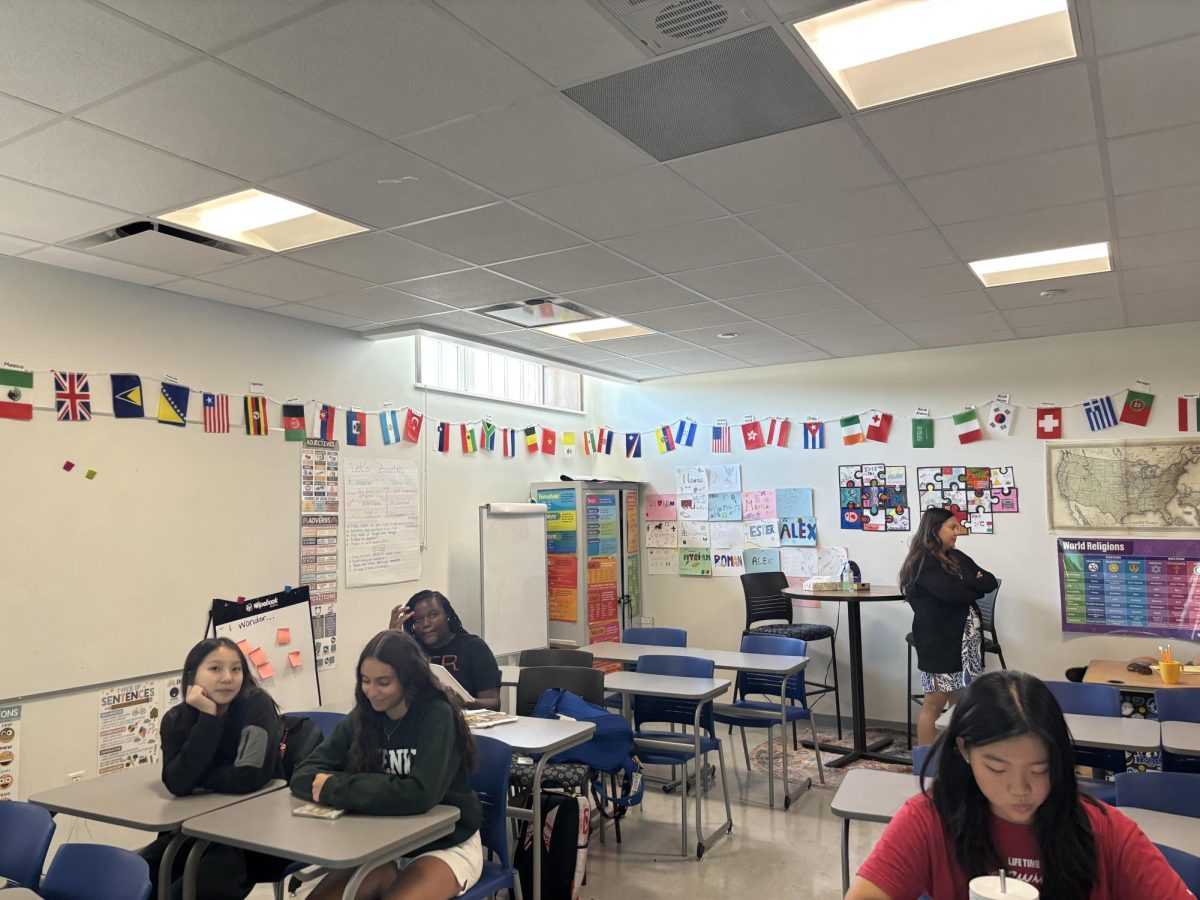
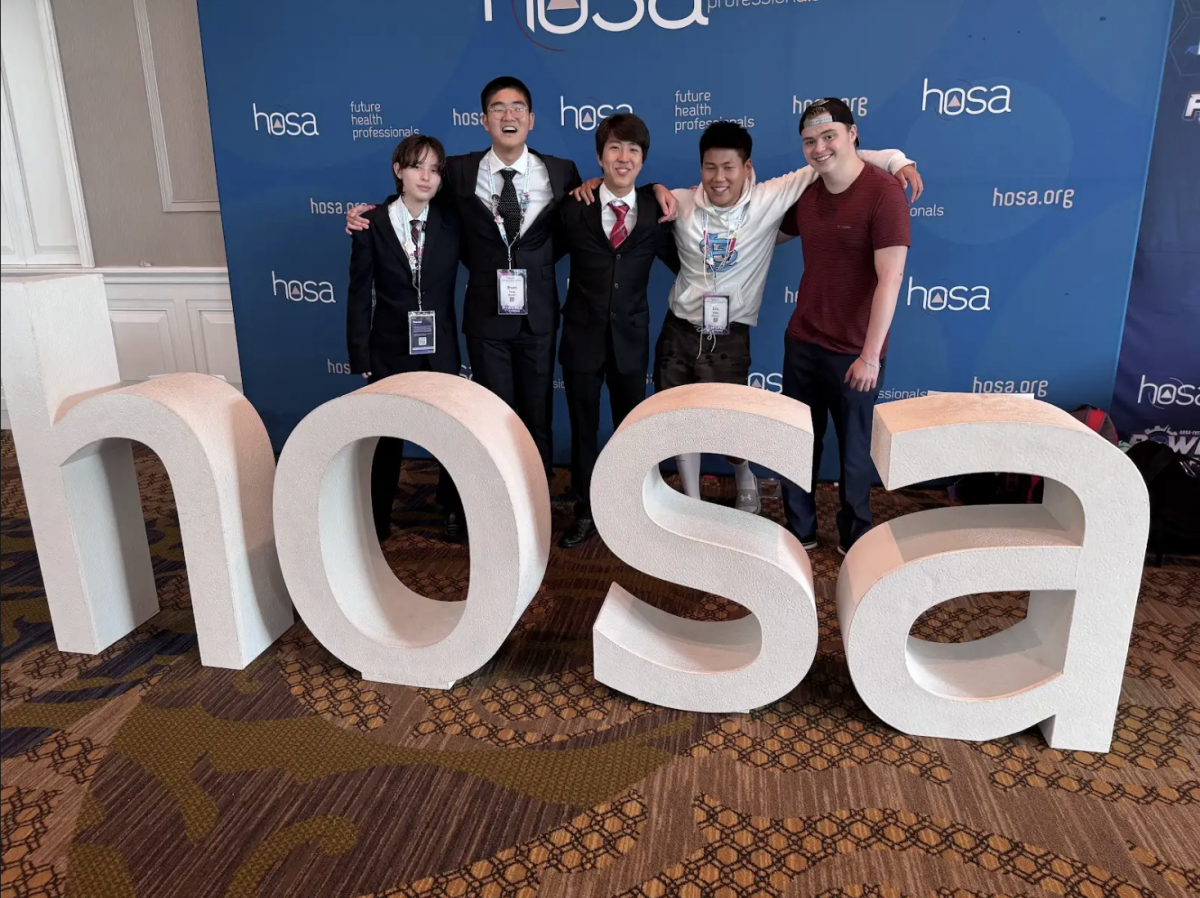
![A table set up in the library celebrates Hispanic Heritage Month. Yarn, scissors and paper are set up to help students with their craft. “It is currently Hispanic Heritage Month, so we are celebrating [with] our craft station,” Librarian MaryKate Mortland said. “It is a make-and-take craft that creates Guatemalan Worry dolls.”](https://laduetoday.com/wp-content/uploads/2025/10/Library-crafts.png)
![Genie Hong stands with her MSHSAA Girls Tennis Coach of the Year award. Hong coached the girls tennis team for only one year before receiving the award Sept. 11. "I love the camaraderie that [the team] builds throughout the season," Hong said.](https://laduetoday.com/wp-content/uploads/2025/10/IMG_1284-e1759768712233-900x1200.jpg)
